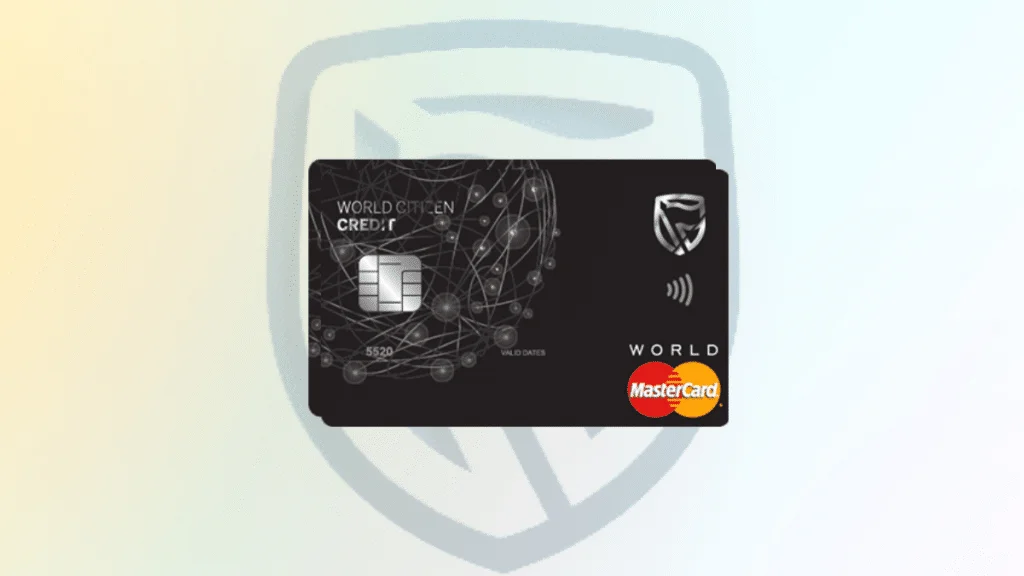Can You Really Set Up a Budget in Just 30 Minutes? Absolutely, and We’ll Guide You Through It!
Crafting a budget is the essential initial move in structuring your financial journey and establishing attainable objectives for your aspirations.
Understanding your finances is key to reaching any goal in life. You must know your current situation to chart your course forward.
In the quest to boost income, many neglect the significance of proper planning, leaving their financial strategies disorganized and chaotic.
Some might think budgeting is a time-consuming task, but that’s not entirely the case.

By organizing effectively and utilizing the right resources, you can craft a financial plan that suits your circumstances perfectly.
And we’re here to demonstrate exactly that!
Define your objectives (5 minutes)
First, it’s essential to grasp why you want to set a budget.
Is it for a down payment on a house? To eliminate credit card debt? Or maybe for a vacation or retirement savings?
Given that mortgages and daily expenses consume a large part of our earnings, setting clear objectives is vital to maintain focus.
Document your goals and prioritize them. Knowing your destination guides your financial choices and inspires you to adhere to your plan.
Collect your financial details (10 minutes)
Gather your financial information, starting with your income—calculate your net earnings after taxes to get a clearer view of your take-home amount.
Compile a list of your essential monthly expenses like rent, insurance, health costs, and groceries. Don’t forget to account for variable expenses to allow for seasonal shifts.
Utilize technology with dependable apps to keep track of your expenses or to develop detailed spreadsheets.
The aim is to build a saving habit, and having a straightforward, easily adjustable system makes this task less daunting.
Reassess Your Spending
Are the expenses listed above truly necessary?
This is an ideal time to reconsider your daily expenditures, especially those subscriptions or recurring charges linked to your credit card.
Determine what is truly essential while identifying nonessential costs that can be cut.
Make a Plan (7 minutes)
With a clear understanding of your income and expenses, it’s time to craft your budget. The 50/30/20 rule is a method that many find effective.
This strategy allocates 50% of your income for needs, 30% for wants, and 20% for savings. Some prefer different methods like the 40/40/20 approach.
Even if you don’t follow a specific framework, you can create your own methods that suit your lifestyle and ensure they’re practical.
If your fixed costs surpass 50%, it might be wise to reevaluate, perhaps by renegotiating contracts or altering spending habits.
Use Available Tools (3 minutes)
Be cautious with your spending, but don’t hesitate to utilize resources that help you manage your finances effectively.
This includes using reliable apps and ready-made spreadsheets to simplify your financial processes. You can also set up alerts and link directly to your credit cards and bank accounts.
However, steer clear of overwhelming yourself with too many tools, as this can cause confusion. Pick the one that suits you best and stick to it.
Assess and Adjust (3 minutes)
After establishing your plan, take a moment to review it and confirm that it aligns with your objectives.
Keep in mind, a budget isn’t set in stone; it should be updated regularly to accommodate life changes like salary boosts, unexpected costs, or new goals.
Moreover, economic situations can vary, so it’s crucial to adjust your budget as necessary throughout different life stages for lasting success.
Quick tips for building a solid financial plan
A well-crafted budget empowers you to make wise financial choices, steering clear of unnecessary debt and giving you better control over your future.
Having a solid financial strategy allows you to prepare for the unexpected. It’s wise to aim for an emergency fund that covers three to six months of essential expenses.
Refrain from measuring your progress against others, as everyone has a distinct financial situation. Concentrate on your own objectives and achievements.
Celebrate your milestones! When you hit a financial target, treat yourself responsibly, whether that’s a little getaway or a nice dinner.
With diligent planning and steady effort, you can achieve outstanding results in your financial management journey.






